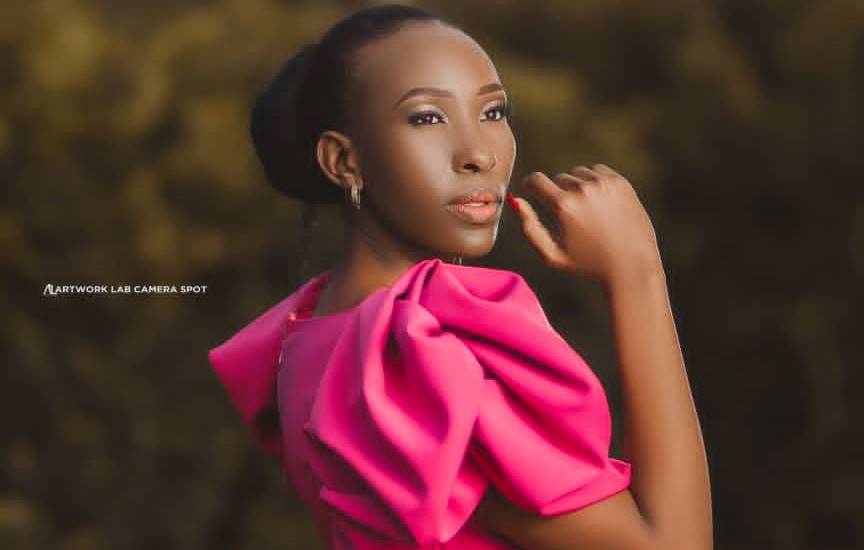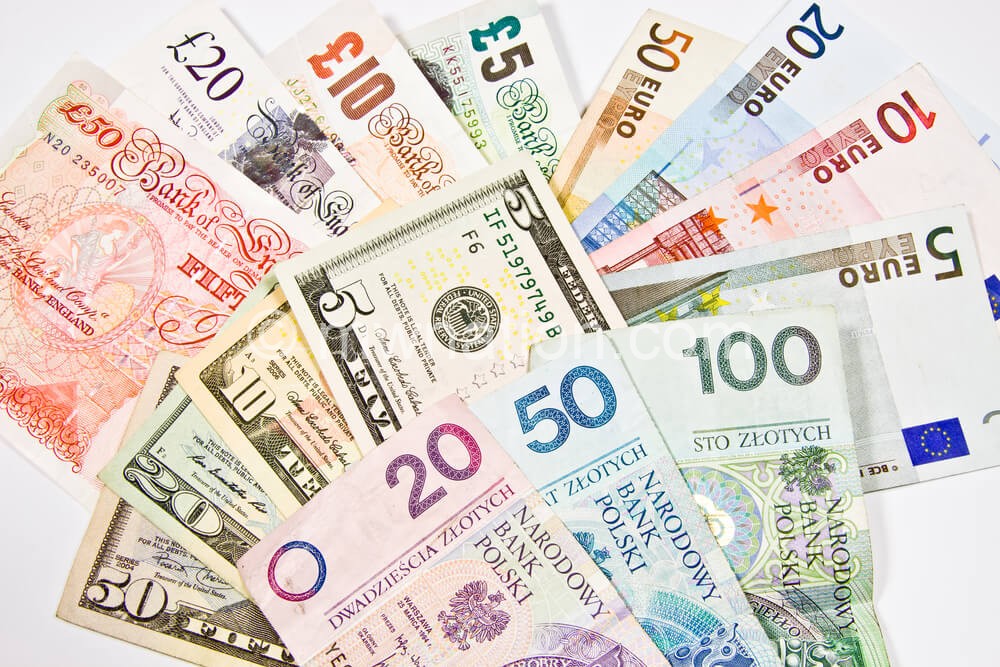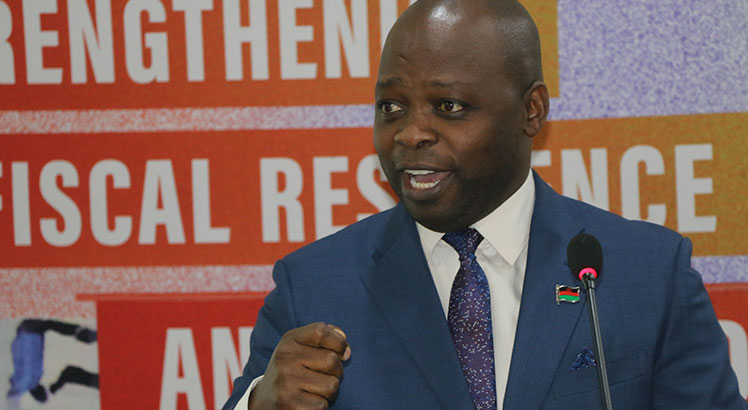Becky Thindwa, a model from Lilongwe, has been in Mzuzu four times since 2015 to participate in fashion shows. But she has also featured at various modeling events in the Capital City.
For Becky, modelling is a career that pays her bills.
Becky Thindwa
“I used funds from modelling to support my studies at Exploit University,” says the Business Administration graduate who finished her studies in 2019.
Beck is one of the models who participated at the recent Summer Fashion Show in Mzuzu. The other models came from Blantyre, Zimbabwe and Tanzania.
Kudakwashe Kandanda is from Zimbabwe.
“It was a good experience to meet different designers and models. I have learnt a lot just as much as I have benefitted financially,” says the model, who was the toast of the day during the event due to his towering height and the six pack.
Elsewhere fashion is a 1.2 trillion-dollar industry, according to a report titled ‘The economic impact of the fashion industry’. In New York City alone (considered the Fashion Capital of the world), the industry pays more than $11 billion in wages and generates about $2 billion in revenue annually, adds the report.
But in Malawi, organisers of fashion events and beauty pageants say the modelling industry is not supported enough to make remarkable contributions to the local economy.
“We really need support of the general public to patronize such events and the goodwill of sponsors. We receive little support,” says Willard Msosa, founder of the Summer Fashion Show.
Miss Malawi of 1978 Martha Kamanga says the major problem is that there is no political will to promote beauty pageants, fashion and modelling as a career.
“We are failing to progress because we don’t receive support from the government. Organisers would want to find some profits and at the same time they would also want to raise resources to send the beauty queen to the Miss World. Without government support, that would be difficult to achieve. That is why the last time we sent Miss Malawi to the world contest was somewhere around 2012 or so,” she says.
Kandanda says his experience in Malawi is different from how events are managed in Zimbabwe in terms of sponsorship.
“In Zimbabwe we receive a lot of support.” he says, adding: “But we also collaborate among ourselves as models and designers to raise resources and organize creative events. Such creativity attracts patrons and sponsors. Malawi should learn to coordinate events with or without sponsors.”
Msosa agrees, saying due to the collaboration the Summer Fashion Show had with designers and models from Zimbabwe and Tanzania has earned them invitations to take part in fashion show events in Zimbabwe and Zanzibar Island in July and November 2023, respectively.
“This could not have been possible if we didn’t collaborate with like-minded individuals,” he says.
But for Kamanga, government needs to play a pivotal role in coordinating beauty pageants and other modelling events. She says when that is done, the country will be in a position to send the best models to represent Malawi on the international stage.
“We must learn from how [the former president] Kamuzu Banda was doing. We used to have Miss Area, Miss District, Miss Northern Region and then Miss Malawi which was a national contest. That means choosing wasn’t being done just because you are beautiful or whatever. They looked at one’s ability to speak English because as Miss Malawi you were bound to go for Miss World. So, English was a pre-requisite as a mode of communication on the international stage,” she explains.
Kamanga says beauty pageants were managed by the government; hence, models had the opportunity to tour the world as beauty ambassadors.
“Before the actual finale of the beauty contest, we used to have educational visits; we would visit the whole Malawi to learn about the culture of various tribes. Then after the beauty pageant, the winner would visit Britain to share our culture to the world,” says the ‘Mother Queen’ whose children Elizabeth and Mable Pullu also reigned as Miss Malawi.
In an earlier interview, Ministry of Tourism, Wildlife and Culture spokesperson Symon Mbvundula said the ministry will come up with comprehensive regulations which shall be enforced under the National Arts and Heritage Council to bring unity in such events as beauty pageants.
“All organisers shall be required to first register with the council and will be subjected to specific guidelines and regulations for the benefit of the creative industry,” said Mbvundula.
He, however, said the mushrooming of various events makes it difficult for the ministry to come in and help identify the country’s representatives at international forums such as Miss World, Miss Universe and Miss Supranational, among others.
The post Modelling as an industry in Malawi appeared first on The Nation Online.
 Moni Malawi
Moni Malawi 

